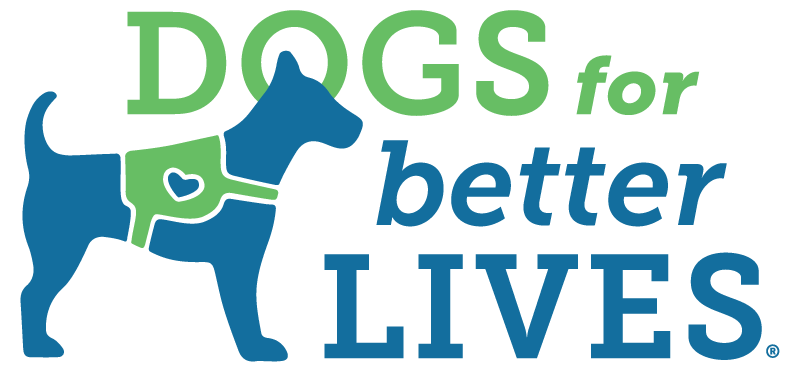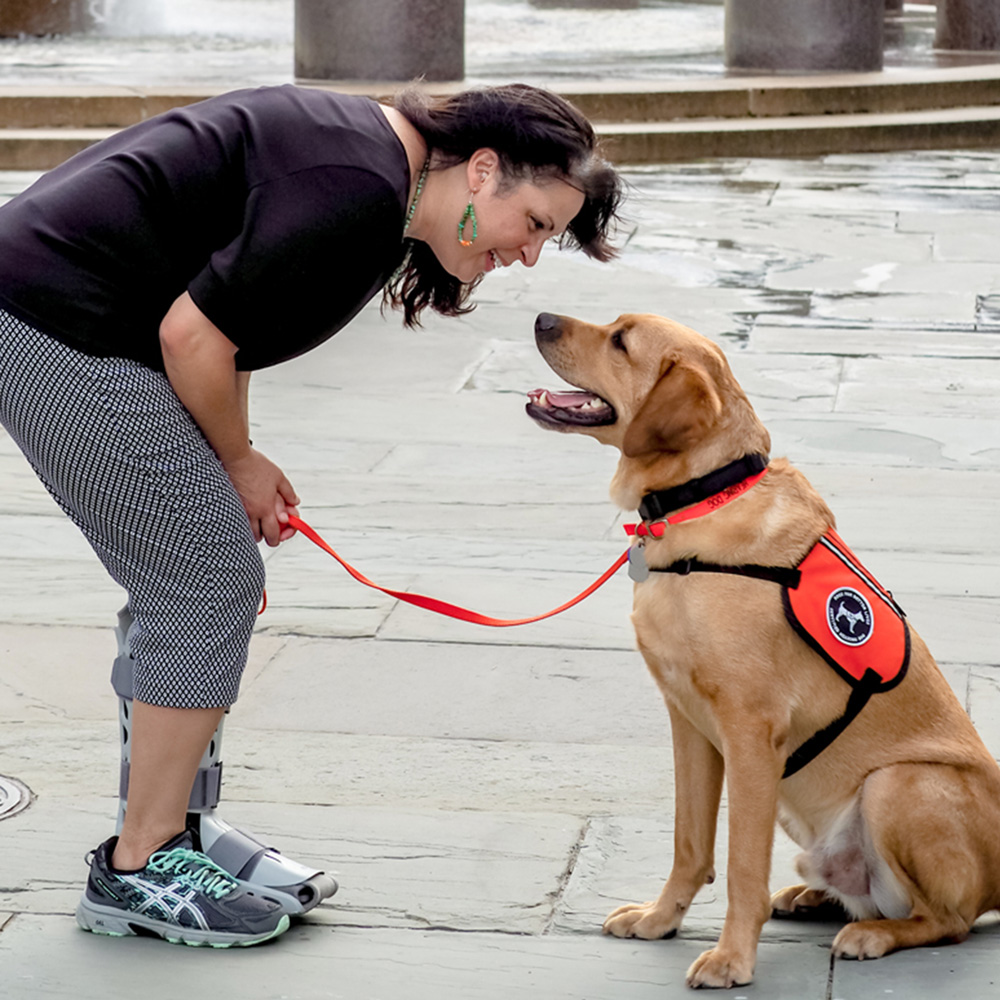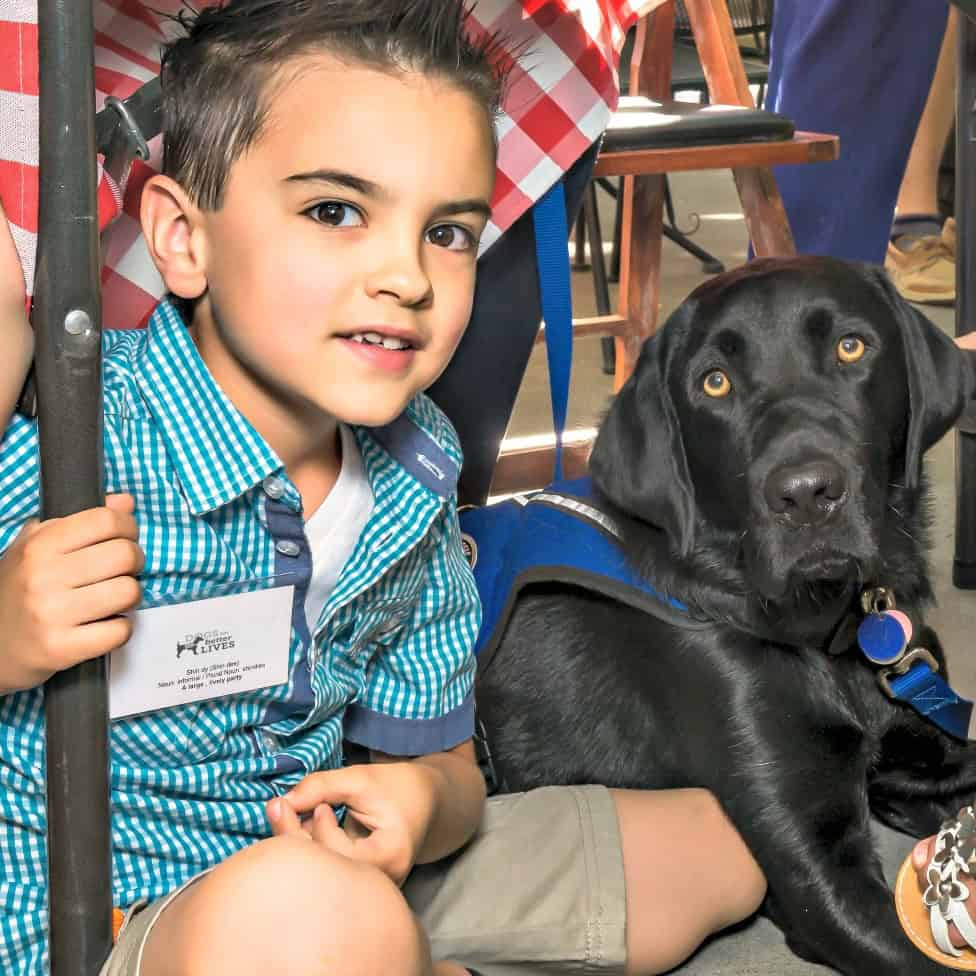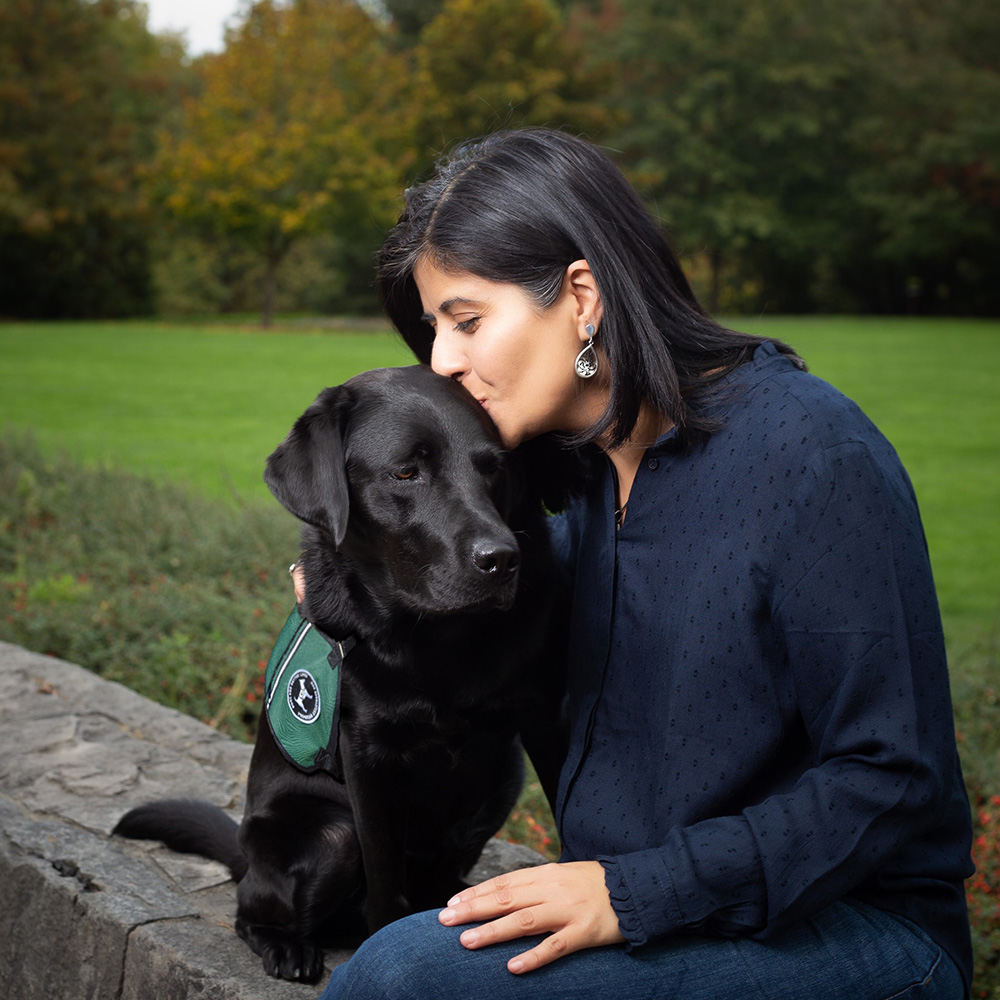Dogs for Better Lives has a unique program to transform shelter dogs into service dogs for people with disabilities. You can play an important part in this transformative and life changing journey by fostering a shelter dog that has been evaluated and in training for this important work.
From Shelter to Service Dog Program
Program Partners
Note: The From Shelter to Service Dog Program is currently seeking volunteers with the following shelter partners:
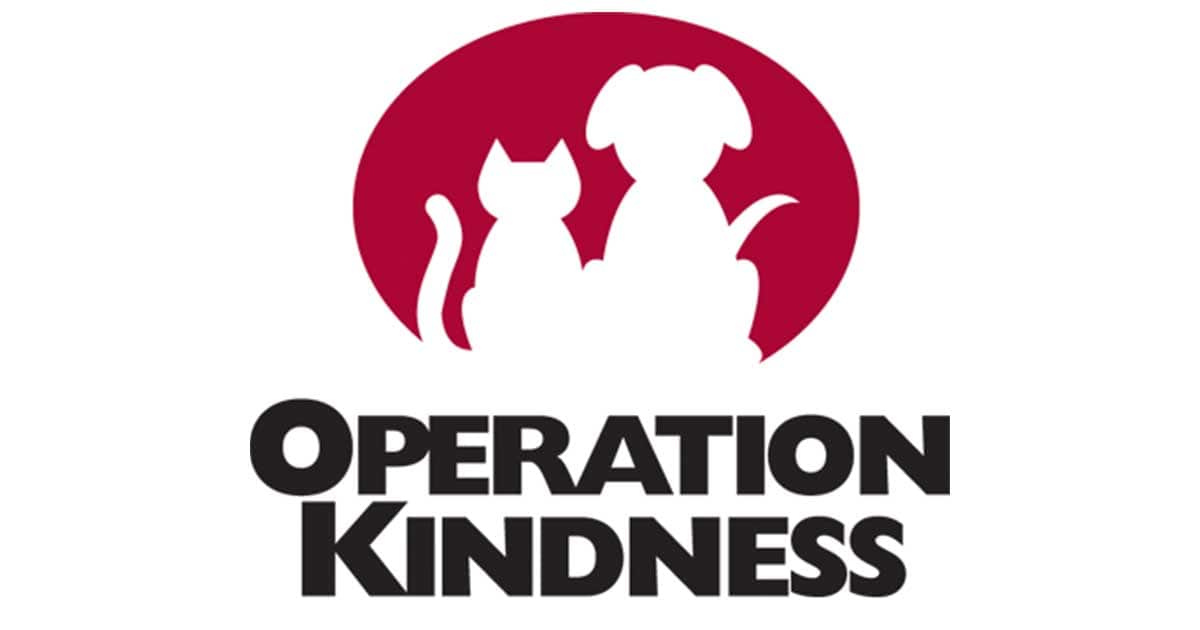
Operation Kindness in Carrollton, Texas

The Atlanta Humane Society in Atlanta, Georgia
How it works
- Welcome a carefully selected dog from our shelter partner into your home for up to 6 months
- Dogs train with Dogs for Better Lives (DBL) professional service dog trainers during the day Monday – Friday at the DBL training location. They spend the evenings and weekends relaxing with you at home
- Work with Dogs for Better Lives staff on helping reinforce training at home
- Coordinate with DBL staff on drop off and pickup at the training location
- Shelter partner provides all necessary resources including veterinary care, dog food, toys and equipment (food and water bowl, crate, etc.)
- Be happy knowing that you’ve not only given a second chance to a dog in need, but have also helped provide safety and independence to a child or adult with a disability
What to Expect:
As a volunteer, you will play an important role in shaping the future for a shelter dog. DBL staff are appreciative of our volunteer’s time and want to work within time commitments that are a fit for each individual. We are committed to making this a positive experience for all who participate.
Early stage training
For the first month or so, we focus on the dog learning to relax and feel comfortable in the home environment. During this time, the DBL trainer will work with the dog several times a week. Most commonly this training occurs off site, but we may also use your neighborhood sidewalks or common areas for early training. Trainers will meet with volunteers weekly, either by phone or in person to ensure a smooth transition into your home. Our foster volunteers play an important role in helping us learn about the dog in a home setting and these meetings are key to understanding the dog’s behaviors.
Specialized training phase
As the dog’s time in the program progresses, so does training time with the DBL trainer. The DBL trainer will work with the dog both in public and at the DBL training location. Each dog’s curriculum is tailored to its needs. In general, the trainer works with each dog to master obedience skills as well as to learn specialized tasks for its future assistance dog role.
We are committed to communicating the dog’s progress with our volunteers. We may also seek our volunteer’s assistance in working through certain behaviors, progressing the dog’s understanding of something new we are training, or focusing on specific techniques to help the dog be successful in the program.
Placement
Dogs that successfully complete the program are matched with a client on one of our waiting lists. As a part of this matching process, our foster volunteers will have the opportunity to virtually meet the dog’s new client and hear about the assistance they will provide in their new working role. It is a powerful experience to hear how your volunteer efforts positively change the lives of others!
A note about career change dogs
Not all dogs are suitable to become assistance dogs. For those that do not complete our training program, the life of a pet dog is perfect for them! By providing a stable home environment for the dogs in training, you are promoting that dog’s individual success. Dogs that participate in our program receive additional training that they would not have otherwise received, increasing their adoptability!
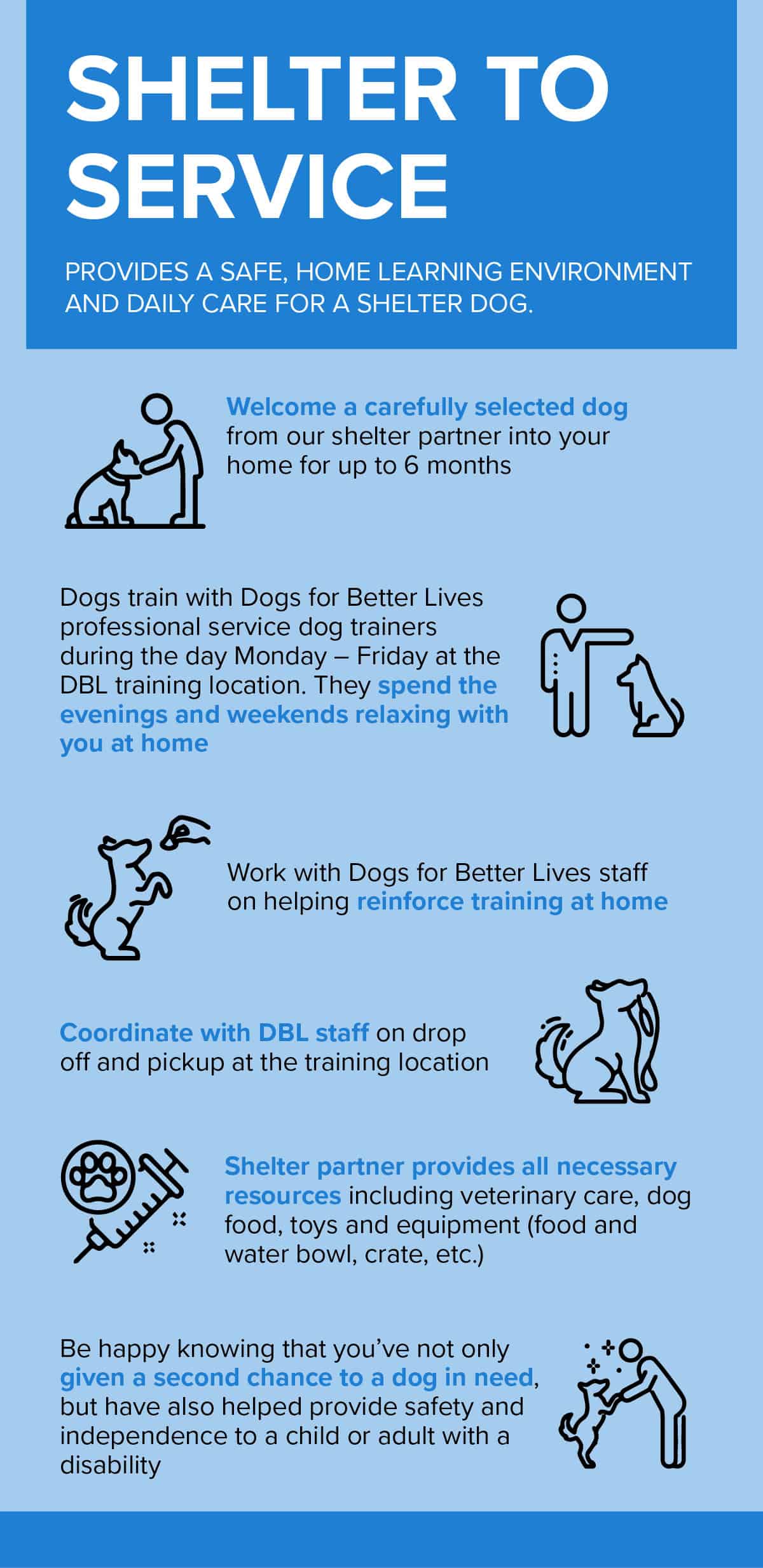
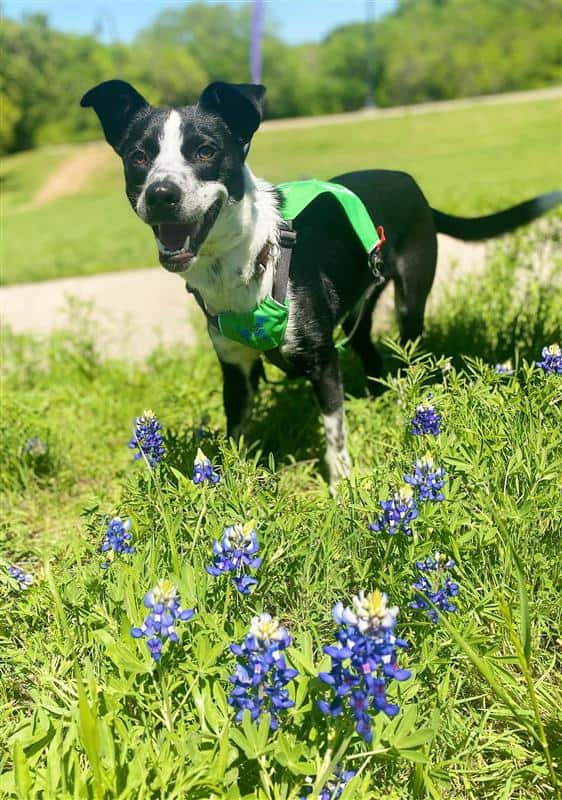
Shelter to Service Dog Program FAQ’s
What do I need to do to get started?
Visit Dogs for Better Lives (DBL) at dogsforbetterlives.org/from-shelter-to-service
How do I sign up?
If you are already a foster for one of our shelter partners, please let the foster coordinator know so you can be directed to the specific training for the Shelter to Service Dog program. If you are brand new, please go to the Dogs for Better Lives website by following the link above.
What happens after I sign up?
After you join you will be directed to our shelter partners website to take their volunteer specific online training courses. These trainings will go over fostering for our shelter partner and the Shelter to Service Dog program with Dogs for Better Lives. Once you finish training, we will have all your pertinent information and reach out to you once there is an eligible dog to foster.
What makes someone a good fit to be a foster for this program?
We encourage everyone who loves dogs and is interested in giving back to the community to consider applying to be a foster for this program.
Can my kids be involved in the program?
Absolutely! Homes with children are helpful throughout the process of training a service dog. It’s also a great life lesson opportunity for children to be part of a program where the dog that was fostered in their home goes on to potentially change someone’s life. Remember, young children and dogs should never be left unsupervised together.
What if I have other dogs? What if I have other pets? What if I do not have any other pets?
Whether you have other dogs, cats, small animals or no pets at all, your household is still a good fit. If you do have other pets in the home, specifically other dogs, it is important they be healthy and social with other dogs.
So, what happens if I have a vacation planned or have an emergency?
No worries! We understand this is a long-time commitment and we do not expect people to change their whole lives around. We also understand sometimes emergencies or unexpected events come up where you would need a break from your foster pup. Your pup can go to a short-term foster until you return.
Is it hard to foster long-term and then give the dog away?
Yes and no. It is sad having to say goodbye to the dog you have bonded with and love, but once you see what the dog will be doing and changing someone’s life it is an extremely rewarding experience.
Can I be a part of this program if I work full time?
Yes. Since these dogs are adult dogs, they will be okay while you are gone during the workday. We just ask that when you are home the dog receives love and attention.
Do I need a fenced yard?
No. If you can provide the dog with a safe and secure (on leash) area to toilet and exercise, then we do not require you to have a fenced in yard.
How are dogs selected?
Dogs for Better Lives staff work with shelter partners to evaluate and identify dogs who are suitable for our Shelter to Service Dog program.
What breeds of dogs will be used?
Most breeds of dogs that have the temperament and behavioral traits we are looking for are eligible. Besides selecting dogs for just temperament and behavior we also select dogs based on our clients’ needs and ease of public access rights.
What size of dogs will be used?
Any dog that ranges from small to large is eligible to be part of the program. We care most of all about the dog’s temperament.
If I am unable to foster, are there other ways to help?
As with any nonprofit, donating to support this program is always appreciated. Dogs for Better Lives directs 100% of all donations to our programs. The Shelter Dog to Service Dog Program depends on successfully transitioning shelter dogs into a life of service. This takes time, patience, training, and tons of love. We rely on the generosity of our community to give these dogs a second chance at a better life and in doing so transforming the lives of others through independence.
